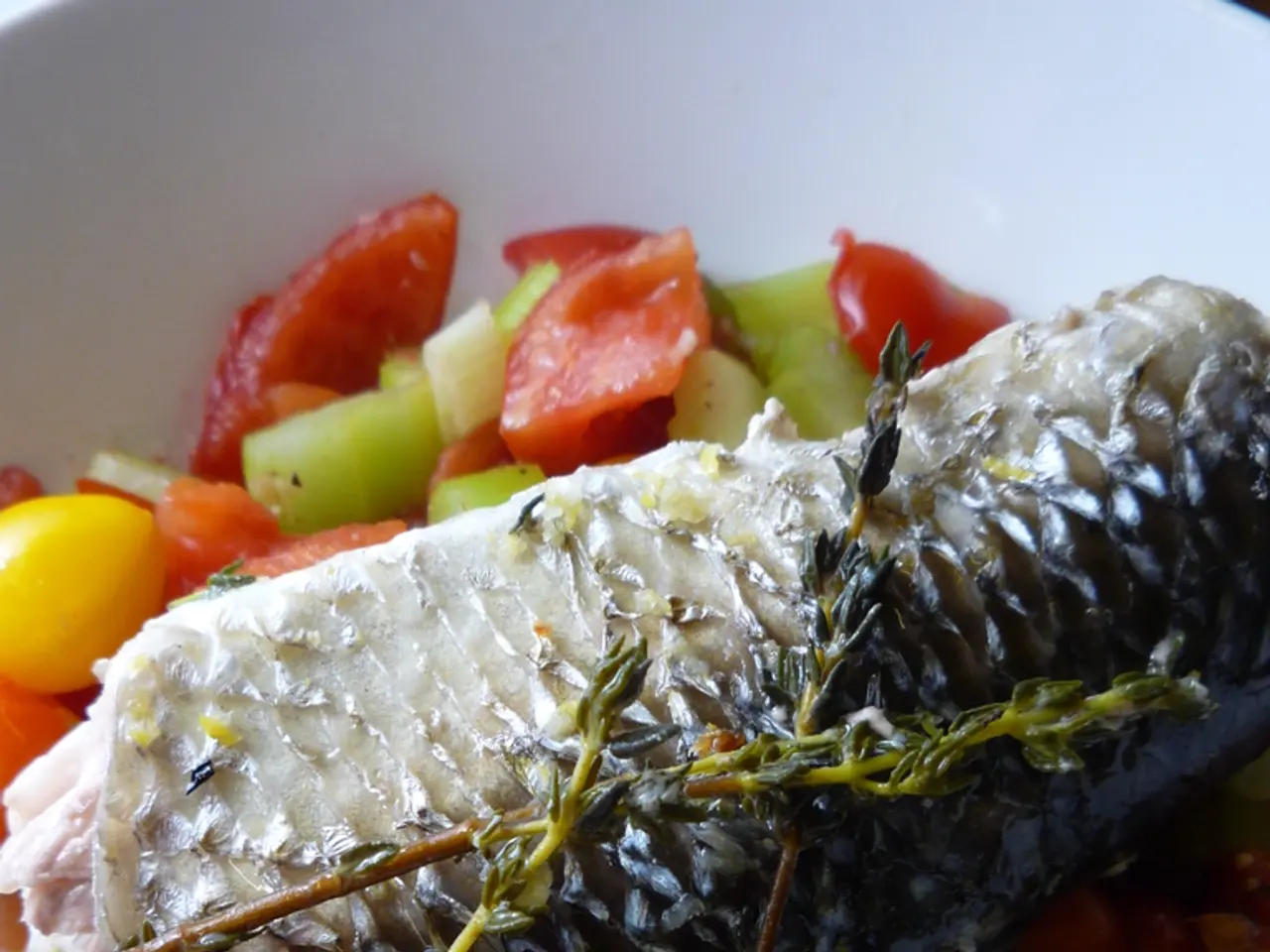Meat Mixtures: Omnivores Opt for Mixed Foodstuff over Pure Meat Products
In a recent taste test conducted by Nectar, a non-profit initiative, nearly 1,200 omnivores participated to evaluate the preferences of blended meat products compared to conventional meat. The results were surprising, with several blended meat products outperforming their conventional counterparts.
The preference for whole-cut vegetables over novel ingredients like plant-based meat and mycelium was evident in the products tested. Products with a 50:50 ratio of meat with mushrooms or savory vegetables were particularly well-received.
Dale, a food industry expert, suggests three promising positioning opportunities for blended meat brands: stealth health, guilt-light products, and eco-conscious options. However, he also emphasizes the need for improvements in areas such as flavor, texture, protein content, micronutrients, and lower saturated fat.
Flavor was identified as the top opportunity for improved blended protein products. Participants expressed a desire for products that could mitigate "weird aftertastes" and "off-flavors", while boosting meat notes and fatty flavors. Mushrooms, due to their natural umami and juiciness, were the most preferred ingredient in the taste tests.
The taste test found that 50/50 Foods's Both Burger was preferred equally to a beef burger, Duo's beef and mushroom burger and Fable Foods's Shiitake Infusion ranked better than beef, and Perdue Farms's Chicken Plus nuggets were preferred over the conventional version. The product experiences of some 50:50 products were as good or better than conventional meat.
Interestingly, more American meat-eaters preferred the leading blended burger (56%) over a 100% beef burger (42%). Similarly, 58% of participants preferred the balanced protein chicken nuggets over the conventional version.
However, the taste test also highlighted areas for improvement. Forty-three percent of respondents were unsatisfied with the taste of blended meat, and 45% were deterred by high prices. For another 27%, a lack of familiarity was a major barrier. Continued investment in sensory research and R&D is essential to ensure products meet consumer expectations.
According to the survey, 54% of respondents would consider purchasing balanced proteins in place of conventional meat 50% of the time or more, while 92% of consumers would choose a balanced protein at least 15% of the time. Half of the respondents are encouraged by the sustainability potential of blended meat, while 47% are motivated by health.
The survey did not reveal which companies won the "Tasty Award" in Sensory Analysis of Nectar or which products received the best rating in the "Burger" category. Nevertheless, the new taste test has shown that several blended meat products have the potential to attract omnivores, with 74% expressing interest in the concept and two-thirds saying they're likely to purchase them. As the market for blended meat continues to grow, it's clear that companies must focus on improving flavor, texture, and consumer education to meet the demands of the market.
Read also:
- Understanding Hemorrhagic Gastroenteritis: Key Facts
- Stopping Osteoporosis Treatment: Timeline Considerations
- Tobacco industry's suggested changes on a legislative modification are disregarded by health journalists
- Expanded Community Health Involvement by CK Birla Hospitals, Jaipur, Maintained Through Consistent Outreach Programs Across Rajasthan








